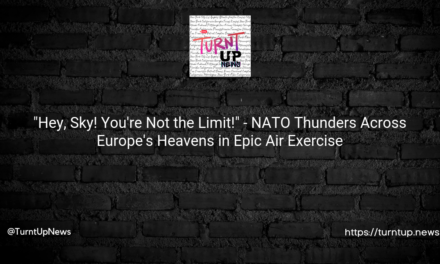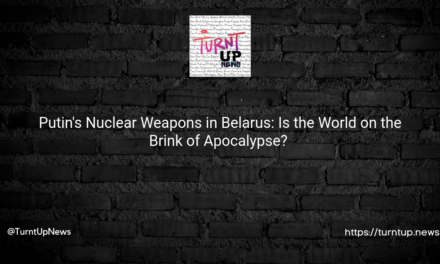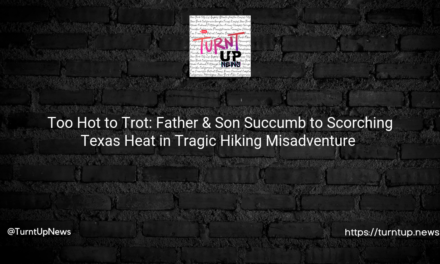😔 Tragic “Floating Coffins” in the Med – No More Survivors Found, Hundreds Feared Lost. A Deadly Reminder of our Broken Migration System?
TL;DR: Greece finds no more survivors after a boat, filled with migrants, sunk off the southern coast. The number of victims rose to 78, while hundreds are still unaccounted for. The survivors are in shock and authorities are grappling with one of the largest Mediterranean tragedies on record. The disaster brings into sharp focus the increasing risks migrants take on their journey to safer lands, and raises questions on how to tackle the human smuggling problem.
As the sun came up on the southern Greek coast, rescue workers discovered a chilling sight. Body after body was being transferred to refrigerated trucks, a macabre roll call from the latest migrant tragedy. The number of victims, 78, is set to increase with hundreds still feared missing. Do we have to ask, what makes a person board a “floating coffin”?🤔
The ill-fated fishing boat was crammed with people from a variety of nations – Egyptians, Syrians, Pakistanis, Afghans, Palestinians – all hoping to make it from Libya to Italy. It capsized and sank into the deep waters off the Greek coast. But, why are these boats described as “floating coffins”? Can’t we do better? 😩
Shocking scenes were described as rescuers managed to save 104 passengers, but many more may have been trapped below deck. Just picture that for a moment… Your thoughts?
Erasmia Roumana, the head of a United Nations Refugee Agency delegation, shared the survivors’ heartbreaking plight. She recounted their shock, their desperation to reach out to their families, and the agonizing uncertainty about their missing friends and relatives. “They keep asking about the missing,” she said. How would you handle that kind of suspense and fear?
As expected, the tragedy didn’t leave anyone untouched. Greece declared three days of mourning, and even the general election campaigning was put on hold. Ursula von der Leyen, the European Commission president, expressed deep sadness. She promised to strengthen cooperation to crack down on migrant smugglers. But wait! 🛑 Isn’t that what led to these dangerous routes in the first place? 🤷
Retired Greek coast guard admiral, Nikos Spanos, provided a grim perspective. He remarked on the unseaworthy nature of these boats, saying they were “floating coffins”. What’s more, he emphasized that chances of finding more survivors were minimal. Are these lives worth so little that they are put at such tremendous risk? 😢
The cause of the boat’s sinking is thought to be either engine trouble or lack of fuel. Panic-stricken movements of passengers inside the vessel likely caused it to list and ultimately capsize. Why are people so desperate that they board such unsafe vessels?
One has to wonder, isn’t this tragedy a consequence of our broken migration system? It’s clear that these tragedies are becoming all too common. Since 2014, over 21,000 deaths and disappearances have occurred in the central Mediterranean. Isn’t it time to ask what we, as a global society, are doing wrong?
The survivors, their bodies racked with hypothermia, will soon be moved to a migrant shelter near Athens. Many questions still linger. But one thing’s for sure: this event is a stark reminder of the tragic consequences of human smuggling and dangerous migration routes.
As the debate rages on about the best ways to manage migration, it’s clear that these tragedies are only a symptom of a much larger issue. As we mourn the lives lost, it’s important to ask, isn’t it time we found a more humane solution





